Search
 News
News
UCSF Health Reaches 20,000 Organ Transplants
UC San Francisco surgeons have performed the health system’s 20,000th solid organ transplant, making it just the third in the nation to reach that milestone.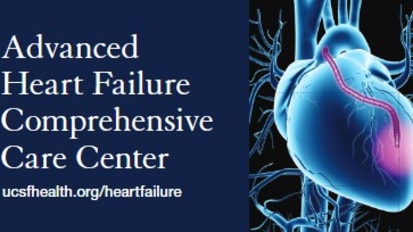 Document
Document
Advanced Heart Failure Comprehensive Care Center Physician Pocket Card
Referral guide and contact information for advanced heart failure specialists at UCSF.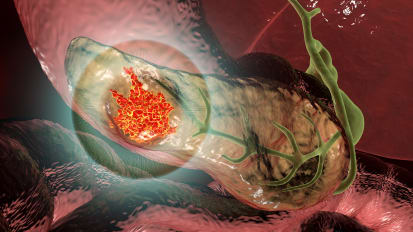 News
News
Research Reveals Mechanisms at Work in Progression of Pancreatic Cysts to Pancreatic Cancer
Tumor Immune Microenvironments May Provide Clues to Future Therapies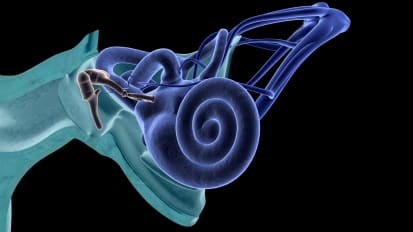 News
News
Migraine Sufferers Are Prone to BPPV at an Earlier Age, Study Finds
Migraine predisposes individuals to developing benign paroxysmal positional vertigo (BPPV) earlier in life than those without migraine, according to a UCSF study.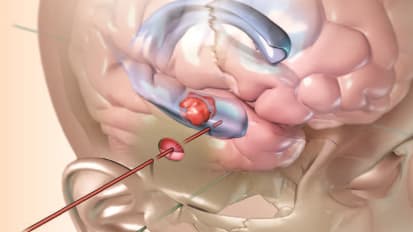 Document
Document
Cerebrovascular Neurosurgery
As one of the highest volume and most experienced surgical programs in the nation for cerebrovascular disorders, we offer a wide range of treatment options tailored to each patient, leading to safer surgeries and better outcomes.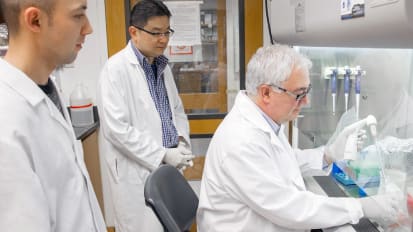 News
News
Screening and Removal of Precancerous Lesions Prevents Anal Cancer
National study led by UCSF is first to show effectiveness of simple strategies to reduce risk of often silent cancer. News
News
UCSF Sheds Light on the Reasons Behind Sex Differences in Myocarditis
This study suggests mechanisms behind why myocarditis associated with cancer immunotherapies may occur more frequently in female patients.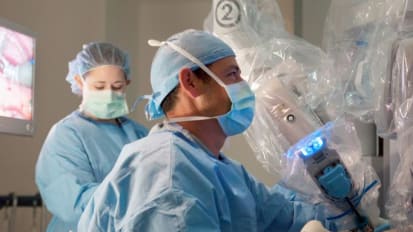 News
News
UCSF Surgeons Perform First Pure Robotic Whipple Surgery in the Bay Area
Gastrointestinal surgeons at UC San Francisco have performed the first pure robotically assisted Whipple surgery in San Francisco. News
News
UCSF Launches Initiative to Address Disparities in Pulse Oximetry Performance
This project seeks to improve accuracy for patients with darker skin pigmentation. News
News
UCSF Develops First of Its Kind Robotic Surgery Trial in Partnership with FDA
UCSF Health is recruiting patients for the only FDA-approved study of the use of single port robotic technology for colorectal surgery in the United States. Document
Document
Advanced Heart Failure Comprehensive Care Center
The Advanced Heart Failure Comprehensive Care Center (AHF CCC) at UCSF offers coordinated and comprehensive care for heart failure patients.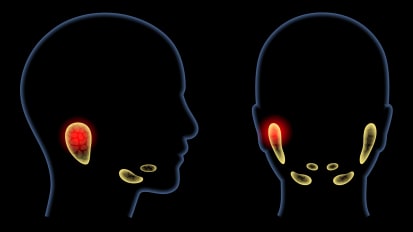 News
News
The First Patient-Centered Sialadenitis Assessment Tool
A new standardized measure of symptoms associated with salivary duct obstruction was recently developed by researchers, including UCSF otolaryngologists Jolie Chang, MD, FACS, and William R. Ryan, MD, FACS, and UCSF medical student Arushi Gulati. News
News
New Guidance for Reducing Medication-Related Dementia Risk in Patients With Overactive Bladder
This consensus paper is designed to update urologists and other healthcare providers who prescribe anticholinergics about the risks of these medications and help guide them on when to use anticholinergics and when it is appropriate to use alternatives. Document
Document
Spine Center
The UCSF Spine Center offers comprehensive management for all disorders of the spine, spinal cord and nerve roots. News
News
Autoantibody for Acquired Lipodystrophy Identified, Bringing Hope for Therapeutics
UCSF investigators have found an autoantibody biomarker for acquired lipodystrophy, paving the way for novel treatment options for this complex condition, which causes adipose tissue loss and metabolic complications.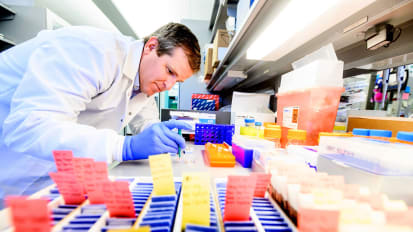 News
News
Genomic Sequencing Is Changing Diagnosis, Treatment for Patients with Brain Cancer
Patients diagnosed with a type of brain tumor survived for longer when they were treated aggressively with surgery, radiation and chemotherapy.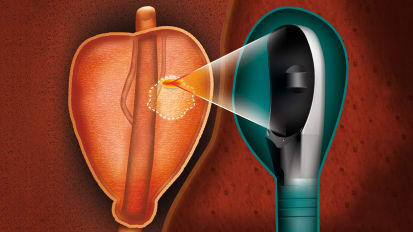 News
News
Focal High-Intensity Focused Ultrasound Ablation for Intermediate-Risk Prostate Cancer
The urologic surgical oncology team has performed an average of five focal HIFU procedures a month since the device was installed last year, offering patients a new minimally invasive treatment option. News
News
Physical Activity May Still Not Match Pre-Covid 19 Pandemic Levels
Step counts—a measure of physical activity—were markedly lower early in the COVID-19 pandemic than pre-pandemic and remained lower, on average, in the two years following the onset of the global pandemic.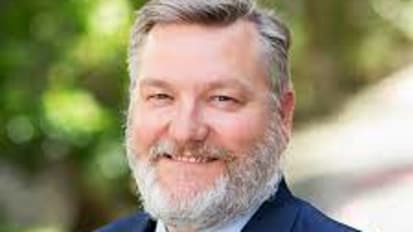 News
News
Prominent Cardiac Surgeons Join UCSF’s Advanced Heart Failure Comprehensive Care Center
UC San Francisco’s Cardiovascular team is welcoming two highly regarded cardiac surgeons to its renowned program. The specialists will join the newly formed Advanced Heart Failure Comprehensive Care Center (AHF CCC). News
News
Airway Stenosis Study Focuses on Optimizing Patient Outcomes
UCSF researchers, in collaboration with colleagues at two other tertiary medical centers, determined that patients with multilevel airway stenosis (MLAS) have lower tracheostomy decannulation rates and require more surgeries than patients with posterior glottic stenosis (PGS). News
News
DBS Restores Function for Parkinson’s Patient Through New “Sensing” Pacemaker: A UCSF Case Study
This study allows researchers to continuously record brain physiology from the DBS electrode and automatically adjust the stimulation intensity based on these signals.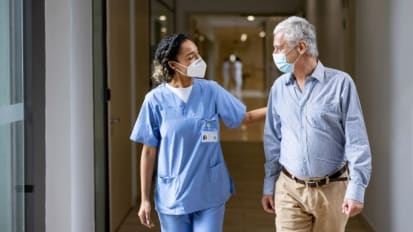 News
News
Strategies for Reducing Length of Hospital Stay for Patients With Acute Severe Ulcerative Colitis
In a first-of-its-kind study, UCSF researchers assessed factors prolonging length of stay (LOS) for a diverse population of hospitalized patients with acute severe ulcerative colitis (ASUC) and identified interventions to reduce LOS for these patients.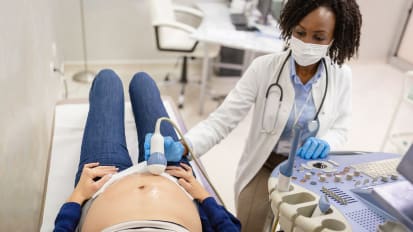 News
News
Abortion Ban May Increase Risk of Death for Pregnant Women with Cancer
The repercussions of overturning Roe v. Wade – and the failure of the Supreme Court to provide any guidance on exceptions related to the life and health of the mother – are potentially catastrophic for a subset of women who face a life-threating diagnosis of pregnancy associated cancers (PAC).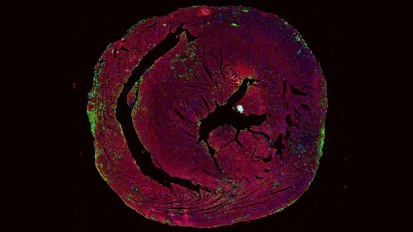 News
News
Research Leads to New Myocarditis Diagnostic and Treatment Strategies
Research conducted by Javid Moslehi, MD, chief of the UCSF Cardio-Oncology and Immunology Program, has led to the discovery of a new form of myocarditis caused by immune checkpoint inhibitors (ICI).

